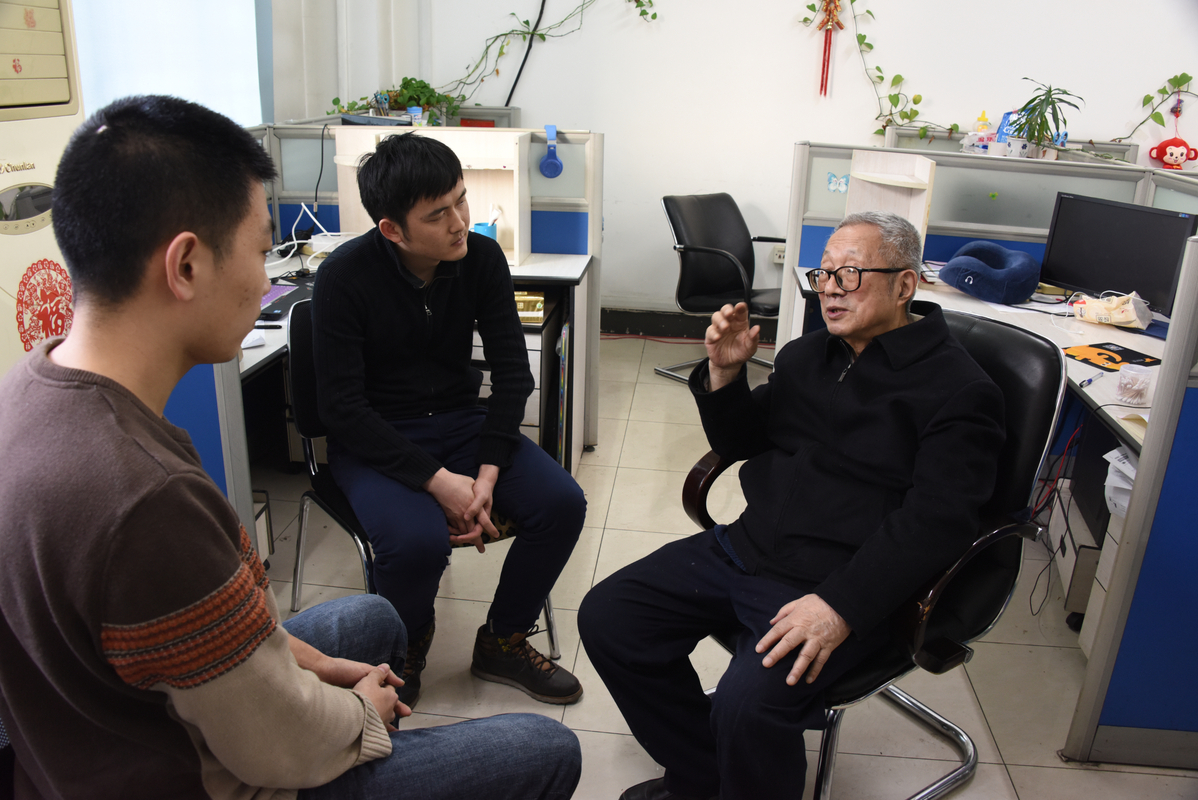Dovetail studies with what country needs, scholar says


Thermal engineering trailblazer altered major to help speed nation's progress
At the age of 88, Qin Yukun is still busy participating in academic conferences, advising young scholars on research and giving reports to college students.
When he talks with college students, he always emphasizes the relationship between the nation and individuals and tells them that they must integrate their research with the needs of the country.
In fact, that is exactly what he has done his whole life.
An academician of the Chinese Academy of Engineering and a professor at the Harbin Institute of Technology, Qin is one of the founders of China's thermal engineering field.
He was born in Shanghai and was in senior high school when the People's Liberation Army entered the city in May 1949 and freed it.
"After liberation, prices stabilized and the improvement in society gave my family members, including me, a great sense of hope for the country," he recalled.
In 1950, Qin was admitted to the department of mechanical manufacturing at Shanghai Jiao Tong University.
"In fact, I knew little about machinery at that time, but I knew machinery was the foundation of industry," he said. "I just hoped to be a talent in the field and support the country's construction and development."
When China launched its First Five-Year Plan (1953-57), there was an urgent need for talented people, so Qin graduated from university early.
"At that time, my brothers and sisters were both working or studying in other cities," he said. "As the youngest son, I could have stayed in Shanghai to look after my elderly father, instead I wrote down the northeast, the northwest and the north on my application form.
"During this period, the Soviet Union had aided China in building 156 large industrial projects, most of which were located in those three regions," he said. "Especially in the northeast where there were 56 projects, accounting for more than a third."























